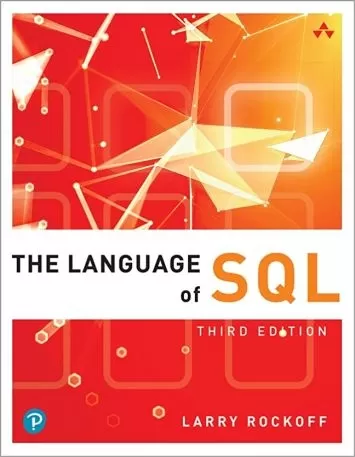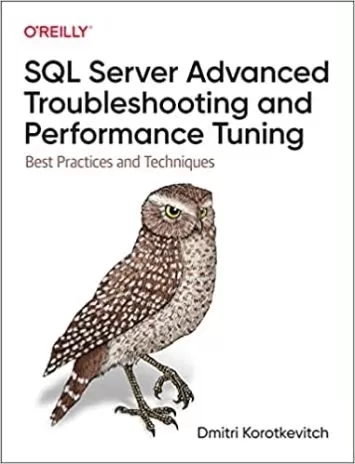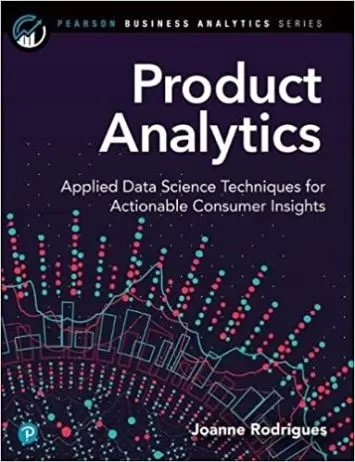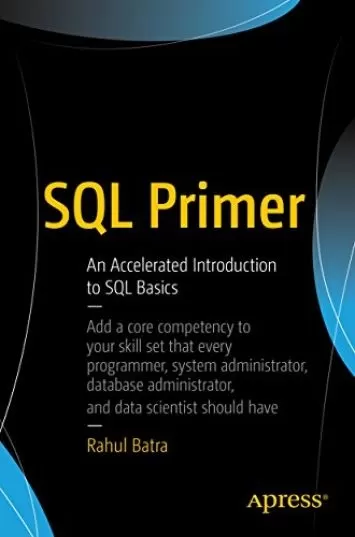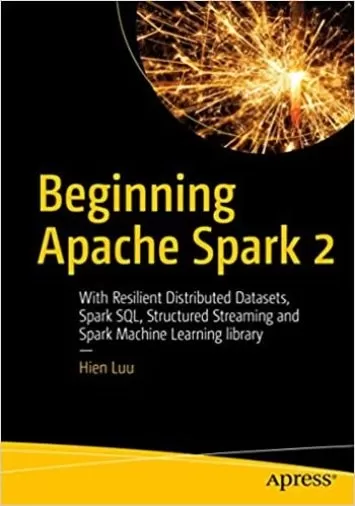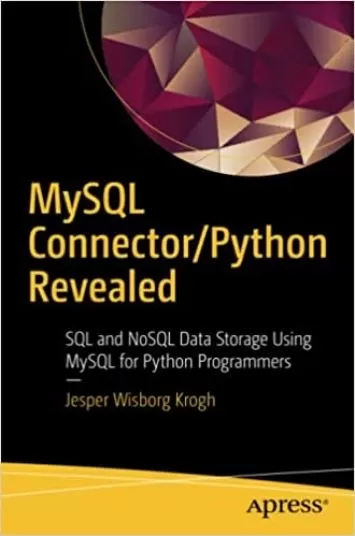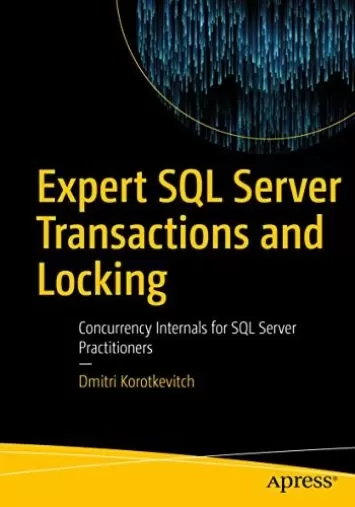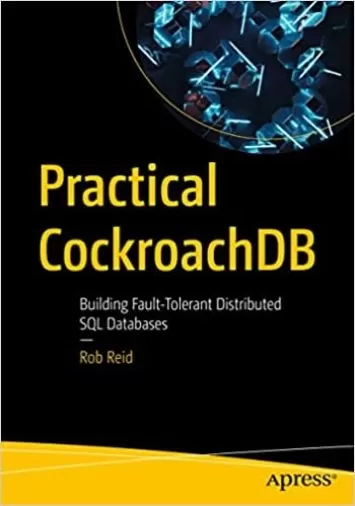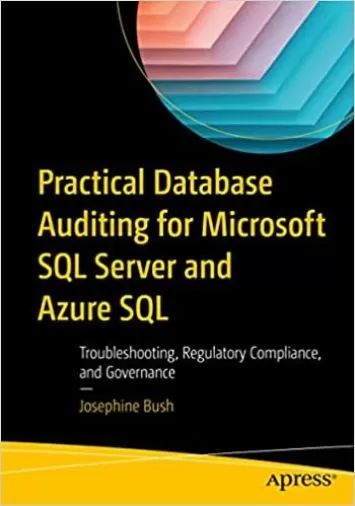About SQLLearn More
Take an SQL course with Udemy and learn how to build, analyze and restore a variety of databases. SQL is one of the most widely used programming languages in the world. It’s used to design the databases that many apps depend on—and because of that, SQL skills are highly sought after by employers. Learn from real-world experts why data is more and more important in today’s business world. Get ready to add SQL to your resume!
Sort by:
Sorting
The newest
Most visited
Course time
Subtitle
Filtering
Books
Frequently asked questions about SQL
SQL stands for Structured Query Language. It is a language used to manage data in a relational database. It allows you to query, manipulate, and define the data in a relational database. It has become a standard language, which means that the language the database uses will be based on SQL despite which relational database you use. This makes it a very versatile language and an important skill to have if you work with databases or data. The language closely resembles English, making it easy for English-speakers to learn and read at a glance, even for a beginner. Statements consist of clauses, identifiers, operators, and constants. Together, you can create statements such as “SELECT customer_name FROM Purchase_Table WHERE order_number = 253”. The resulting statement is structured so a computer can read, yet also easy for English-speakers with little programming experience to understand.
Many career paths benefit from understanding SQL. Almost any industry that uses data can benefit from someone that specializes in relational databases. Some jobs specifically focus on working with a database, such as a Database Manager or Database Developer role. However, more and more jobs that do not solely concentrate on database maintenance require knowledge of SQL. Mostly all websites and applications use a database, so various developer positions require knowledge of SQL. Similarly, careers that involve working with data require skills in SQL. These careers can include Data Scientists, Database Developer, DB Admins, Business Analysts, Data Analysts, Big Data Experts, and Big Data Architects. Occupations that involve a database are growing. As the amount of data we collect increases, careers around the management, analysis, and security of that data will also increase.
SQL is a practical programming language with a syntax that’s very similar to English. It’s relatively easy for beginners to master, and you can jump right into learning the basics without extensive programming experience. But you may find the learning curve a little easier if you have some familiarity with basic coding and general knowledge of some popular programming languages such as C#, PHP, and JavaScript before you begin. In addition, because SQL is the standard for managing relational databases, some experience with Relational Database Management Systems (RDMS) and popular database systems such as Oracle can also be helpful as you work toward becoming proficient in SQL.
You should expect to learn the basics of the language in less than a month, or even as little as 2 weeks, if you are dedicated. But to be comfortable and perform non-trivial operations, it takes a few months to get your bearings in SQL. Because SQL is close to the English language, it is not very difficult to read, write, and understand if you're familiar with the English language. Even if you have no programming background, you should be able to learn SQL quickly. It does take a lot of practice to become a good SQL developer. Reading and writing SQL is just one component of being a SQL programmer. It is even more important to know how to structure data and manage relationships between tables. You need a deep understanding of relational databases to create a data structure that will work well with the type of data you have gathered, and that can answer the question that you want to answer. Like many programming languages, SQL requires life-long learning to utilize its potential fully.
Because SQL is so similar to the English language, it is pretty easy to learn on your own. You can learn it quickly by going through online tutorials that teach the syntax and keywords in the language. But, to get good at SQL, you will want to practice and work with data regularly. Therefore, some people may find it easier to learn by following a tutorial, taking a course, or getting a certification. These methods often provide structured exercises and/or assignments, which allow you to practice the skills you are learning. This type of experience will help you to progress faster.
SQL is the standard programming language for managing relational databases. These databases are used in a wide range of businesses and industries, so demand is high in technical and non-technical fields for people with a background in SQL. On the technical side, people with SQL skills can typically find work in database administration, web and software development, and server management. A background in SQL can also lead to jobs in the fast-growing fields of cloud computing, application development, and software as a service (SaaS). SQL specialists can also build careers in the commercial sector, with opportunities in business systems analysis, quality assurance testing and engineering, information technology, and other jobs involving managing company databases and extracting data for daily operations.
There are many forms of SQL, but PostgreSQL, Microsoft SQL, and MySQL are the three most widely used. Although each of these forms is an implementation of SQL, their standards were set by different organizations. PostgreSQL and MySQL are both open-source platforms maintained by a wide community of developers, while Microsoft develops Microsoft SQL. Syntactically, they can differ regarding whether they require case sensitivity, whether they use single quotes or double quotes, and what functions they support. As an example, Microsoft SQL server uses GETDATE(), MySQL uses CURDATE(), and PostgreSQL uses CURRENT_DATE(). They also differ in languages supported; MySQL supports languages that PostgreSQL and Microsoft SQL don't, such as Haskell and Ruby. As Microsoft SQL is proprietary, it costs money to license — but that does mean that it comes with robust support.
SQL injection is a common hacking technique. It uses SQL commands to manipulate a database. It can occur when an application has been poorly developed and allows a user to insert information directly into a database. For example, if you ask a user to submit their name, a hacker can type in a SQL command instead. If that command directly executes against the database of the application an injection attack has occurred. For a database, a command is a command and it cannot determine whether a command is from a valid user or not. Because this is a common threat, it is easy to prevent. A golden rule of database management is to never input user data directly into the database. Many programming languages will have a function that checks for SQL injections. So, it is pretty easy to guard yourself against an SQL injection attack.





